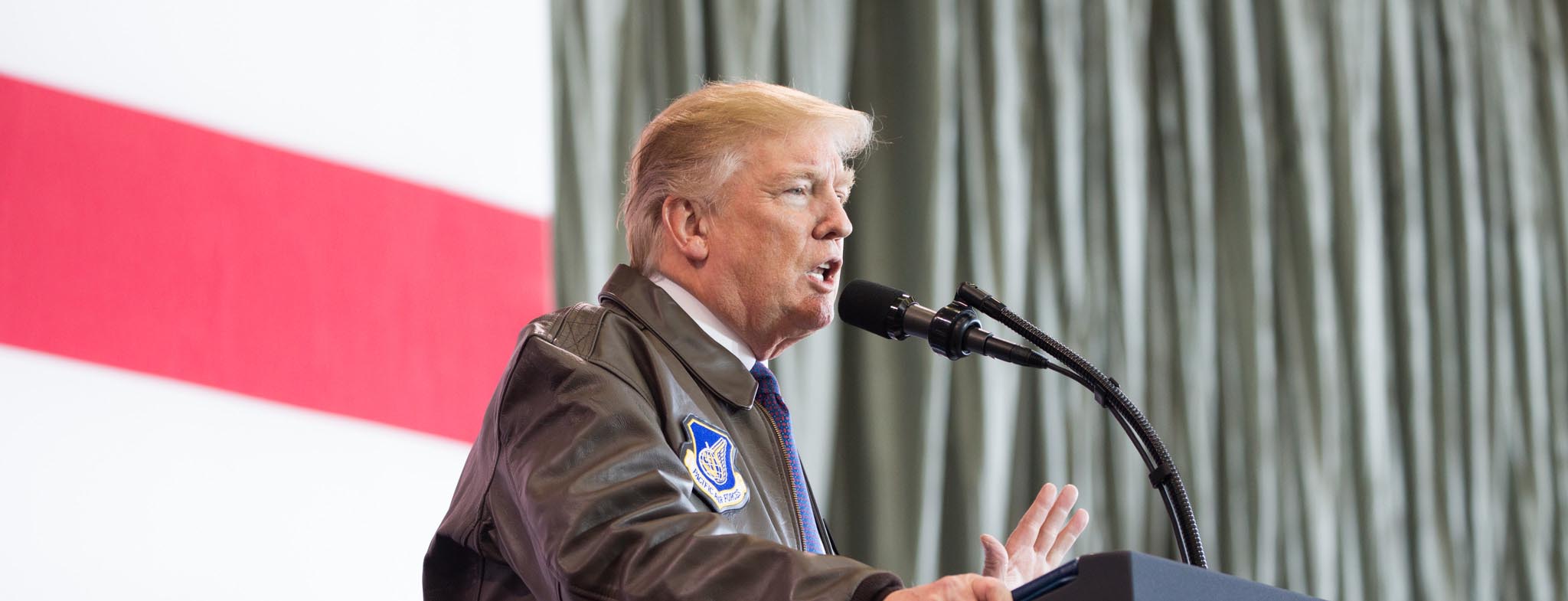Trump Hosts Japanese PM Ishiba, Discusses Relations with North Korea
By [Your Name]
Date: [Current Date]
On a significant Friday at the White House, President Donald Trump welcomed Japanese Prime Minister Shigeru Ishiba, marking an important step in U.S.-Japanese relations amid ongoing concerns over North Korea. During their meeting, Trump underscored his continued commitment to maintaining diplomatic ties with North Korean leader Kim Jong Un, stating, “We will have relations with North Korea, with Kim Jong Un. I get along with him very well.” This affirmation reflects Trump’s historical engagement with North Korea and highlights the diplomatic paths he wishes to pursue.
President Trump holds the distinction of being the first U.S. president to meet directly with a North Korean leader, a milestone achieved during his landmark summit in Singapore in 2018. This unprecedented move was followed by a second meeting in 2019, where Trump made headlines again by becoming the first sitting U.S. president to set foot on North Korean soil. Trump’s approach to North Korea has often been characterized by a personal rapport with Kim, something he proudly referenced in his statements at the White House.
Trump elaborated, saying, “We had a good relationship. And I think it’s a very big asset for everybody that I do get along with him.” This perspective indicates a strategic view of diplomacy where personal relationships are seen as essential for progress on contentious issues, particularly regarding nuclear capabilities.
During the joint press conference, Trump hinted at Japan’s potential backing of renewed dialogues with North Korea, particularly as Japan grapples with its own historical tensions with the North. “I can tell you that Japan likes the idea because their relationship is not very good with him,” Trump remarked, signaling a possible alignment of interests between Washington and Tokyo in navigating the complexities of North Korean diplomacy.
Dialogue on Diplomacy
Building on Past Engagements
Japan’s Position on North Korea
Collaborative Efforts Toward Denuclearization
Prime Minister Ishiba voiced deep appreciation for Trump’s engagement with Kim Jong Un, considering these efforts as a constructive step towards solving pressing challenges. He expressed optimism about the potential for U.S.-Japan alliances to converge on vital issues concerning North Korea, specifically emphasizing the goal of complete denuclearization. “Japan and the U.S. will work together toward the complete denuclearization of North Korea,” Ishiba asserted, reinforcing a united front in addressing a shared concern.
The Abduction Issue: A Lingering Concern
Yet despite the prospects of collaboration, Ishiba raised a longstanding issue that complicates Japan’s relationship with North Korea: the abduction of Japanese citizens during the 1970s and 1980s. This unresolved humanitarian concern remains a significant barrier to the normalization of diplomatic relations, as Pyongyang has yet to provide a conclusive account of the abductions despite some victims being returned in the early 2000s. Ishiba made it clear that this matter is of utmost priority for Japan and needs to be addressed. “Our time is limited,” he cautioned.
The Prime Minister added, “I don’t know if President Trump will be able to resolve this issue. We recognize this is primarily a Japanese matter. However, we hope to continue cooperating with the U.S. to address it.” His remarks highlight the complexities involved in these negotiations, emphasizing that while U.S. involvement is critical, the resolution of such sensitive issues must also be led by Japan.
